Goals are brilliant aren’t they?…unless you are a Leeds Utd supporter watching the Man City game, then maybe not so much (7-0 if you’re interested 😬).
Obviously I don’t mean that sort of goal…I’m talking about the goals you set yourself. Specifically, health and fitness goals that we all seem to set ourselves on January 1st each year. And why not!? Goals are proven to be motivating; something to work towards and help focus our efforts. I am a big fan of goals, but unless you set them right, they can hinder rather than support your progress.
Take for example a common goal…”I want to lose weight”. I genuinely think I only know a handful of people who haven’t ever wanted to lose some weight.
Firstly, I would always try and dig a little deeper and work out if it really is the desired outcome. If you have a fair bit of weight to lose, maybe it is. But for you folks who are in a healthy weight range for your height, perhaps you wouldn’t care if you weighed the same (or even a bit more), if you were more toned, had a flatter stomach, smaller waist etc. It might not be your weight that you actually want to change.
But, if after a bit of analysis, you do really need to lose some weight, you need to add a few more details to make this a stronger goal. Lots of you will know about SMART goals, but if you don’t, it stands for Specific, Measurable, Achievable, Relevant and Time-bound. So, “I want to lose one stone in twelve weeks” is a better goal – it’s a bit more specific, you can measure it and it has a time frame. It is also fairly realistic as 1-2 lbs a week is a sensible weight loss target.
This might seem like a long way off and a bit daunting. So it is important to set yourself smaller milestone goals along the way, both to motivate you when you achieve it, but also because they seem more in reach. Perhaps aiming to lose 4-5lbs in a month to start with.
All this may not be news to many of you. And actually, this OUTCOME goal, is not really what I believe should be your main focus. It’s all very well and good knowing your outcome goal…but if you don’t set any BEHAVIOUR goals, how on earth are you going to achieve it?
The behaviour goals you can focus on here and now. These are the behaviours you need to adopt, the changes you need to make to help you achieve your outcome goal. And they seem much smaller, more achievable and less overwhelming than just having a long-term outcome goal. Here is an example of a behaviour goal that you could set to work towards your outcome goal of losing one stone in twelve weeks:
S – I will walk an extra 1000 steps every day
M – I will track the steps on my phone / fitness tracker
A – This is achievable by adding a walk around the block at lunchtime
R – Walking more is relevant as increased physical activity can help me to lose weight.
T – I will walk 1000 more steps every day for the next two weeks, then reassess.
Other great behaviour goals might focus on making changes to your diet, reducing stress, improving your sleep. These behaviour goals are the healthy habits that you should try to embed to lose and maintain your weight. But beware – adding too many all at once can backfire. Start with one or two changes, then when they seem easier and just part of your routine, add a couple more. These will add up and compound and will all help you work towards your outcome goal.
So, this is my advice. Set yourself a SMART outcome goal, then focus on one or two smaller SMART behaviour goals. Don’t look too far ahead and get put off, simply focus on what you can do today to be healthier…yes even today. I’m writing this on New Year’s Day, and I am pretty tired and had one too many glasses of fizz last night. But I can still go for that brisk walk around the block and blow off the cobwebs.
Small steps…quite literally!





